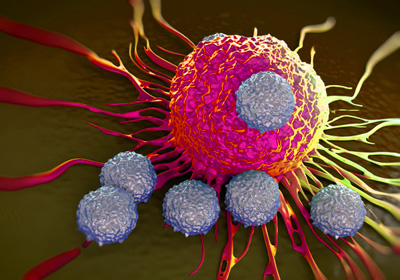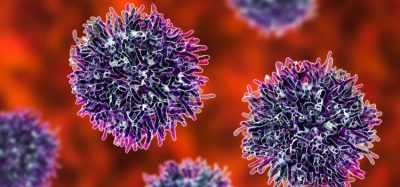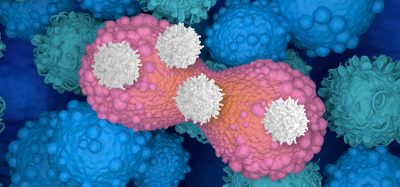MaxCyte and Johns Hopkins University announce strategic collaboration to advance CAR T-cell therapies
Posted: 21 April 2015 | Victoria White
MaxCyte and Johns Hopkins University to collaborate to develop unique CAR T-cell therapies which harness patients’ own immune systems to combat cancers…


MaxCyte Inc., a pioneering company focused on the discovery cell therapies using scalable high-performance cell transfection systems, has entered in to a strategic research collaboration with Johns Hopkins University (JHU) to develop unique Chimeric Antigen Receptor (CAR) T-cell therapies which harness patients’ own immune systems to combat cancers.
MaxCyte’s unique approach to CAR cell therapy allows targeting of solid tumour cancers by enabling control over the on-target off-tumour toxicity which limits other CAR therapies to haematological cancers. MaxCyte achieves this by introducing the CAR construct as a transiently expressing messenger RNA (mRNA) thus allowing control of the duration of expression and toxicity against target antigens in normal tissue. This unique approach also avoids the cell expansion step required for standard approaches, dramatically reducing manufacturing time and expense for CAR therapies from days or weeks to a matter of hours.
MaxCyte / JHU collaboration to support the future IND filing for a CAR therapy targeting a broad range of solid tumours
The preclinical work performed in collaboration with JHU will support a future planned Investigational New Drug (IND) filing for a CAR therapy targeting a broad range of solid tumours. No financial terms are disclosed.
Automation now plays a central role in discovery. From self-driving laboratories to real-time bioprocessing
This report explores how data-driven systems improve reproducibility, speed decisions and make scale achievable across research and development.
Inside the report:
- Advance discovery through miniaturised, high-throughput and animal-free systems
- Integrate AI, robotics and analytics to speed decision-making
- Streamline cell therapy and bioprocess QC for scale and compliance
- And more!
This report unlocks perspectives that show how automation is changing the scale and quality of discovery. The result is faster insight, stronger data and better science – access your free copy today
“We are truly excited to be collaborating with Johns Hopkins one of the leading hospitals in the world in the development of this next-generation CAR therapy” said Doug Doerfler, President & CEO of MaxCyte.“The combination of Johns Hopkins’ world renowned research and clinical development capabilities and MaxCyte’s unique product development capabilities will enable the rapidly advancing area of CAR therapies to move into the clinic in solid tumours in a platform that provides rapid cost-effective manufacture of Cellular Therapeutics.”
For more information about MaxCyte, please visit www.maxcyte.com.
Related topics
Oncology







